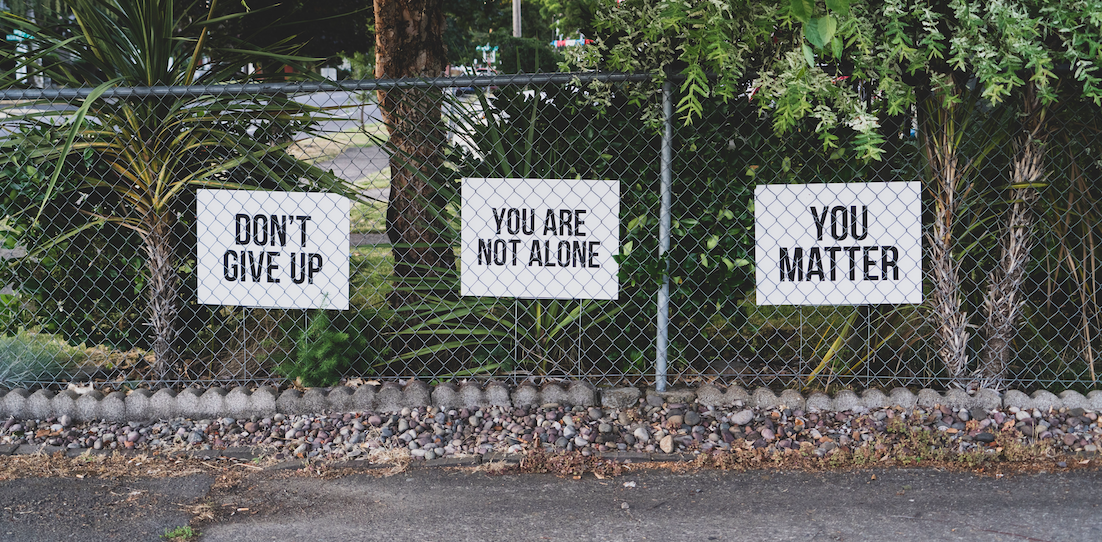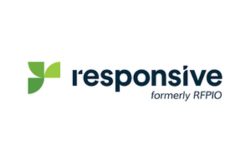
According to a poll of HR professionals conducted by People Management, general anxiety, caused by the coronavirus outbreak, is the main challenge faced by employers right now.
Employee’s uncertainty over economic upheaval and the health and wellbeing of themselves and loved ones will have to be juggled, by some, with having to maintain a duty of care to dependents all whilst adjusting to remote working.
It isn’t hard to see how the effects of COVID-19 will likely take its toll on a large number of people within our workforce.
With that in mind, we’ve created this article that shares tips to help you to support the wellbeing of you and your team in this difficult period.
Communication is key
There is enough ambiguity in people’s lives right now; information vacuums from employers will only further fuel employee’s anxieties. Therefore, it’s vital that you decide company policy on matters such as sick pay, furloughing employees and annual leave, and that you are communicating your plans accordingly.
Then, it’s important to keep open regular lines of communication with employees so that they can understand what's happening as the situation changes. Clear and frequent communication, irrespective of whether the news is good or bad is extremely helpful for your employee’s state of mind.
Set an example; encourage employees to have a positive work-life balance
For some reason we can often work longer hours when working from home. Many feel a pressure to be ‘always on’, scared of looking like they’re not working and instead working too much. If your employees fall into the trap of working long days it won’t be long before they burnout.
That’s why it makes sense to encourage employees to avoid working longer hours than they normally would, and to stress the importance of taking designated breaks. One way of doing this is by setting a good example and making sure you’re taking your breaks, exercising within the guidelines and working reasonable hours.
It might be worth asking your leadership teams to create short diaries of their working days to show the rest of the company that senior leaders are taking breaks and that they should too.
Set realistic and reasonable expectations, followed by support
As well as encouraging staff to not overwork, now is the time to appreciate that not everyone is going to be able to deliver work as they normally would. Working from home, especially for those with children or family to care for, will be challenging for some. Therefore, it’s recommended to measure outputs instead of desk-time to provide flexibility to the staff that need it.
It’s also important that you let staff know you understand their capacity issues. Telling staff you are ready to support them as best you can you will go a long way to alleviating any unwarranted anxiety they may have around underperforming in these challenging times.
Have staff responsible for the mental health of others
If your team has trained Mental Health First Aiders, make sure your staff know who they are and how to contact them with any concerns they may have. You can also ask your Mental Health First Aiders to create wellbeing plans for your team. If you don’t have anyone trained in your organisation, maybe now is a good time to invest.
Signpost effectively
There’s plenty of great advice and support available. Taking advantage of content put together, such as this fantastic NHS guide on maintaining mental health whilst working from home during the current restrictions.

You can also point your staff in the direction of wellbeing resources such as Headspace or the great articles below...
BBC: How to protect your mental health
Mental Health Foundation: Looking after your mental health during the Coronavirus outbreak
Ensure you’re offering regular check-ins
By utilising technology you can run daily check-ins with your team via Skype, Teams or Zoom. These check-ins provide an opportunity for you to inform staff of any updates whilst helping them to overcome the effects of isolation. Some companies are adopting a ‘camera-on’ policy during web meetings to allow people as much face-to-face contact with their teammates as possible.
Daily check-ins also provide a platform for you to sign post articles, wellbeing resources and the support of your mental health first aid trainers.
It’s also worth considering setting up non-work check-ins. Virtual coffee mornings or lunch breaks that let your employees catch up and discuss anything from how they’re coping, indoor exercising tips, or even the weather; will add a healthy dose of normality to people’s working lives and will be greatly appreciated by your team.
What our members are doing?
TalkTalk
Flexibility and homeworking has been a relative norm for us so fortunately adapting to full time home working hasn’t been too painful. Given the limited face time we have with each other we have had to adapt our internal comms a fair bit, we get daily updates from the senior leadership team and we’ve taken our various internal networks online to help everybody stay connected, whether that’s our Wellbeing Community, LGBTQ Community or our Families Community.
All teams are having daily video calls, with the mandate that cameras are switched on! It’s taken some getting used to but it’s really helping us stay connected and keeping engagement up. Teams are doing quizzes, video coffees, even video walks outside. We’re also getting to meet everybody’s kids and pets, which has been nice.
We’ve always been a business that has measured outputs rather than ‘hours worked’ which has helped even more so with people working from home if people need downtime during the day to see their kids, walk the dog or get some exercise they know they can do without worrying about being offline.
Lee Harding, TalkTalk
Engage Your People
While many of us will thrive and adapt to this new home working environment with relish. The most vulnerable in your organisation are the people who need to be your priority over the next few months.
I always advise having someone in the organisation keeping a confidential “extra love” list so you can regularly check in on people who may have unsettled home lives, struggle with mental, physical health, financial difficulties or anything else that may be exacerbated while people are at home. For some, leaving the house for work was their salvation, think how buddying, mental health champions or cultural ambassadors can support your teams. Regular, consistent and empathetic communication is critical at this time, we are all in this together let’s gets through it together.
Kate Wood, Engage Your People
What are you doing?
We’re interested in finding out what your business is doing to help your employees. Why not register to be a part of the #MDTechCommunity Slack Workspace and tell the rest of Manchester’s sector what practices your team have put in place.
We would also appreciate you taking the time to complete our survey, COVID-19 - how can we help?









